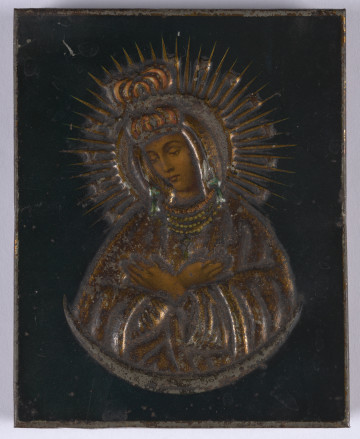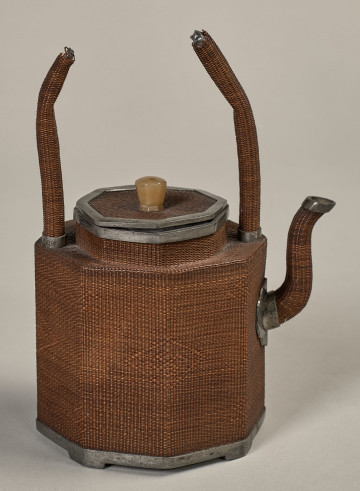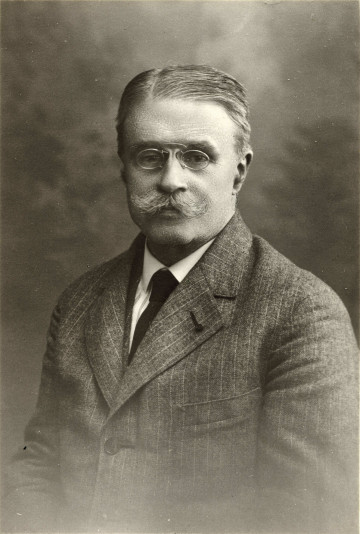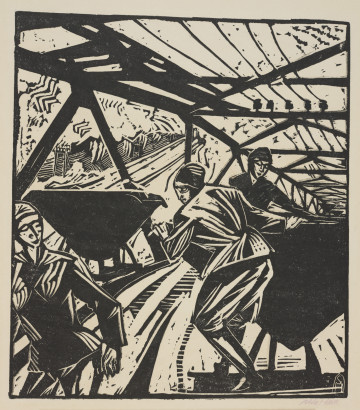
Our Lady of Ostra Brama, miniature
non post 1946
Museum of the history of Polish Jews
Most of the Jews who settled in Warmia and Mazury after World War II were people displaced from the former Eastern Borderlands. The Pisiuk family was one of them. Aleksander and Maria Pisiuk were resettled from Vilnius to Olsztyn in 1946 within the framework of the repatriation campaign (https://sztetl.org.pl/en/glossary/repatriacja-polakow-z-zsrr). The Jewish community, however, was not very numerous. According to the registers, an average of 200 people declared the Jewish ethnic affiliation in the years 1946–1949. 70% of them were people of working age, aged 21–45. Jews coming to the Masurian district (administrative unit in 1945–1946) were attended by the employees of the repatriation unit of the Wojewódzki Komitet Żydowski (WKŻ) [Provincial Jewish Committee] in Olsztyn, a branch of the Central Committee of Jews in Poland (CKŻP; https://sztetl.org.pl/en/glossary/central-committee-jews-poland). At the railway station, representatives of the WKŻ welcomed trains in which the Jewish population travelled; they also organised emergency aid for the arriving families (especially food and financial assistance). As Olsztyn was only an intermediate station for many of the resettlers, efforts were made to facilitate accommodation at a lodging house for those who were awaiting further transport; help was also provided to those staying at the station. The duties of the WKŻ also included informing visitors about the possibility of settling in the Masurian district.
Initially, the Pisiuks took a flat at ul. 1 Maja in Olsztyn. Aleksander took over the position of Director of the Dom Sprzedaży DPM , i.e. the Local Industry Directorate in Olsztyn. The family also applied for a permit to use a farm through the National Repatriation Office (PUR; https://sztetl.org.pl/pl/slownik/panstwowy-urzad-repatriacyjny). Despite receiving a farm in the village of Jonkowo, the Pisiuks left for Israel in 1949. With the suspension of the activities of the Jewish Committee (1949), caused by economic transformations and the intensification of Stalinist repressions, the Jewish community in Olsztyn virtually ceased to exist, as many of its members took advantage of the possibility of emigrating to the just established Israel (1948).
Marta Frączkiewicz

19th (?) century
Castle Museum in Łańcut

20th century
Castle Museum in Łańcut

1916
National Museum in Szczecin
DISCOVER this TOPIC
National Museum in Szczecin
DISCOVER this PATH
Educational path